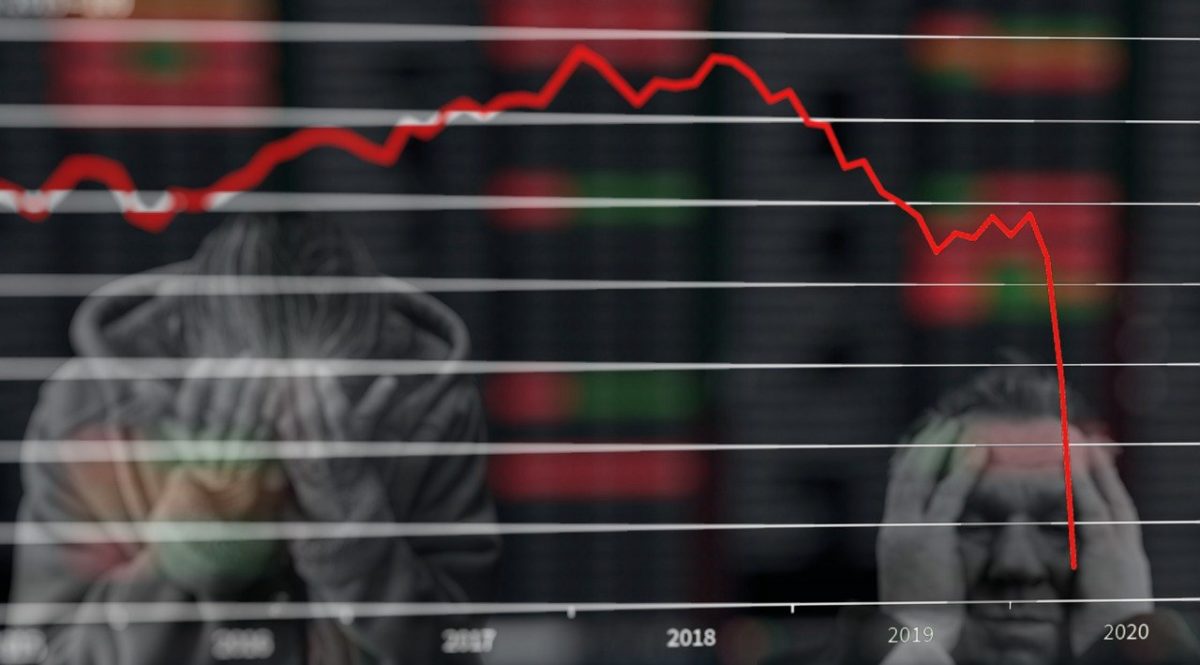Table of contents
CFD trading presents itself to many traders as a lucrative income opportunity and offers a variety of different implementation variations. Unlike regular stock trading, trading with a CFD allows speculation on rising, but also on falling prices. Furthermore, stock CFDs can be traded with leverage, which means that high profits can be achieved even with a very small capital investment. However, it is important to know that the leverage also increases the risk.
CFD trading itself can be carried out on international markets. Here, you as a potential trader have various assets at your disposal, which you can trade in the form of a CFD:
- Equity CFDs (CFD on dividend or growth stocks)
- Commodity CFDs (CFD on commodities such as gold, crude oil or wood)
- Forex CFDs (CFD on various currency pairs such as EUR/USD)
- Crypto CFDs (CFD on different cryptocurrencies or cryptocurrency pairs such as BTC/ETH).
- ETF CFDs (CFD on ETFs such as the MSCI World)
When trading CFDs, you as a trader only buy into the price trend of the asset in question. You therefore do not acquire ownership of the actual asset. CFD trading sometimes offers you high profits, but also equally large losses. In the following sections, we would like to give you some information about the disadvantages of CFD trading and what you should pay special attention to when trading CFDs.
Disadvantage 1: With stock CFDs you do not acquire ownership of the respective company
A CFD is a so-called "contract for difference". This reflects the price development of the corresponding asset. The underlying asset can be a stock, for example, or a commodity in the case of commodity CFDs. However, by buying into the market value, you do not acquire ownership of the actual asset. You merely acquire a claim through which you participate in the price development of the underlying asset.
Accordingly, you can speculate on rising, but also on falling prices - "long" for rising positions and "short" for falling positions. However, since you do not acquire ownership of the respective asset, you are not entitled to dividends or distributions with stock CFDs, for example. However, most CFD brokers offer dividend adjustments on the day of the dividend distribution.
Disadvantage 2: Stock CFDs do not offer you any voting rights
With stock CFDs you still do not enjoy so-called "shareholder privileges". This means that you are not entitled to vote and have no say in important decisions within the company. In this context, you are also not invited to annual general meetings. Even though this may not seem important for small shareholders at first, it is very important for large investors to be able to represent their interests. As a shareholder, you always also have a control function and approve the actions of the Board of Management at the Annual General Meeting.
The situation is somewhat different with dividends for CFDs. For example, if you hold a long position on the respective stock CFD on the dividend record date. Here, some CFD brokers pay you a cash settlement for the dividend that is actually due for this. For short positions, however, this cash settlement has a negative effect. The CFD broker deducts the amount from the margin account on the dividend record date.
Disadvantage 3: CFD trading with leverage can lead to total loss
Unlike other asset classes, CFD trading also allows you to trade with leverage. This is borrowed capital that you borrow from your CFD broker for the duration of your trade. For this you must deposit a "margin", a so-called security deposit. This usually amounts to 3.33 to 50 percent of the order volume, depending on the selected leverage (for example, 1:2, 1:5, 1:10 or 1:30).
Due to the leverage applied, you can already generate a high return even with a low equity investment. On the other hand, even the smallest price changes in the negative direction are enough for you to suffer serious losses. If the position slips into the red to such an extent that your margin is used up, the CFD broker will automatically liquidate your position and you will suffer a total loss.
Trading with leverage is therefore dangerous and quickly leads to a total loss for inexperienced traders without an appropriate CFD trading strategy. Volatile markets are particularly dangerous here and make CFD trading with leverage even riskier. So here you have to know what you are doing.
Disadvantage 4: A CFD is not an investment
In addition, if you decide to trade a CFD, you are not making an investment. Because the following criteria makes an investment altogether:
- it is long-term and sustainable
- you expect long-term increases in value from it
- it generates permanent passive income for you (for example in the form of dividends or distributions)
- it does not need your constant attention
CFD trading is therefore a purely speculative affair. You buy in at a favorable time and speculate on short-term profits in order to be able to close the respective position again quickly. In this way, you sometimes execute several hundred trades per day, which also require your full attention. On the other hand, you only profit from dividend payments in exceptional cases.
Disadvantage 5: CFD trading incurs high fees for long holding periods
Last but not least, the topic of fees: CFD trading is meant for classic intraday trading. This means that you usually hold your positions for less than a day and rather open and close several positions in a short period of time. Through this method, the trader is supposed to realize several small or large profits in a short period of time - classic speculation, in other words. CFD trading is therefore very suitable for day trading.
However, if you hold your position overnight as a result of a trade, you will often incur additional fees such as "overnight financing". These are interest payments that the CFD broker passes on to you, since CFD trading with leverage sometimes involves large amounts of borrowed capital.
Other costs in trading are the often high spreads that are incurred in CFD trading. These are markdowns that you pay as soon as you enter the trade. These differ between the various CFD brokers. Also, the spreads sometimes vary greatly, depending on which underlying you trade. For example, the spreads for Forex CFDs tend to be lower than for very volatile stock CFDs.



